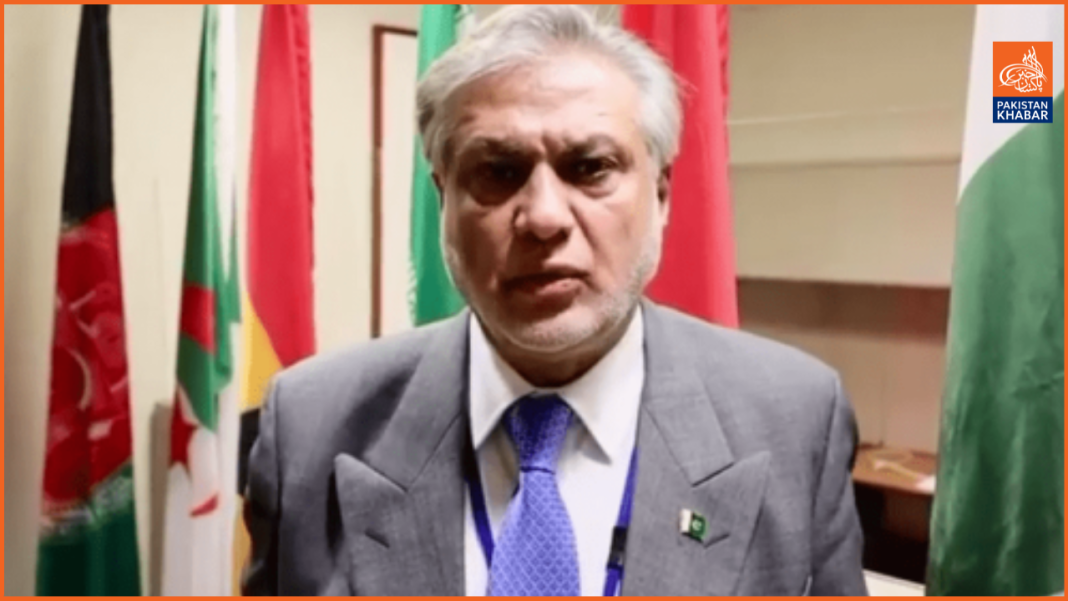Pakistan Calls for Major Reform of UN Peacekeeping Operations
Pakistan on Wednesday put forward a detailed proposal for reforming United Nations peacekeeping operations, urging the global community to modernize the structure and strategy of missions in response to evolving global security challenges.
Foreign Minister Ishaq Dar presented the proposals at the third UN Peacekeeping Ministerial Preparatory Meeting, co-hosted by Pakistan and South Korea in Islamabad. The gathering was a lead-up to the upcoming UN Peacekeeping Ministerial Conference in Berlin, set for May 13–14, where global leaders will finalize future peacekeeping strategies under the theme, “Towards a Safer and More Effective Peacekeeping: Use of Technology and Integrated Approach.”
“The future of peacekeeping demands adaptation,” Dar stated. “As the international security landscape shifts, so must the approaches we take in peacekeeping.”
He outlined eight key principles to guide reform efforts, beginning with the necessity of consistent political support from the UN Security Council. “Unified and sustained backing from the Council is essential for the success of peace operations,” he emphasized.
Dar called for peacekeeping mandates to be “clear, focused, and rooted in on-the-ground realities,” and said that troop-contributing countries should be involved from the early stages of planning. He also stressed that missions should not be burdened with unrealistic responsibilities and limited resources, urging a better alignment between mandates and available funding.
Highlighting the importance of professionalism, he said that deployment decisions should be based on performance standards and past conduct. He also called for strengthened regional and cross-regional cooperation, pointing to recent developments like UN Security Council Resolution 2719, which supports funding for African Union-led missions. Dar also suggested enhancing collaboration with organizations such as the Organisation of Islamic Cooperation (OIC).
Addressing peacekeeper safety, the foreign minister emphasized that their protection must be prioritized, especially in complex environments increasingly affected by disinformation and asymmetric threats.
He warned that UN peacekeeping operations are “at a crossroads,” facing growing threats from widening geopolitical rifts, destabilizing technologies, and the emergence of non-state armed groups that undermine the legitimacy and safety of missions.
As one of the largest contributors to UN peacekeeping, Pakistan has deployed over 235,000 troops in 48 missions globally. So far, 181 Pakistani peacekeepers have lost their lives in service. Pakistan is also home to one of the UN’s oldest peacekeeping missions—the United Nations Military Observer Group in India and Pakistan (UNMOGIP)—which monitors the ceasefire in Jammu and Kashmir.



